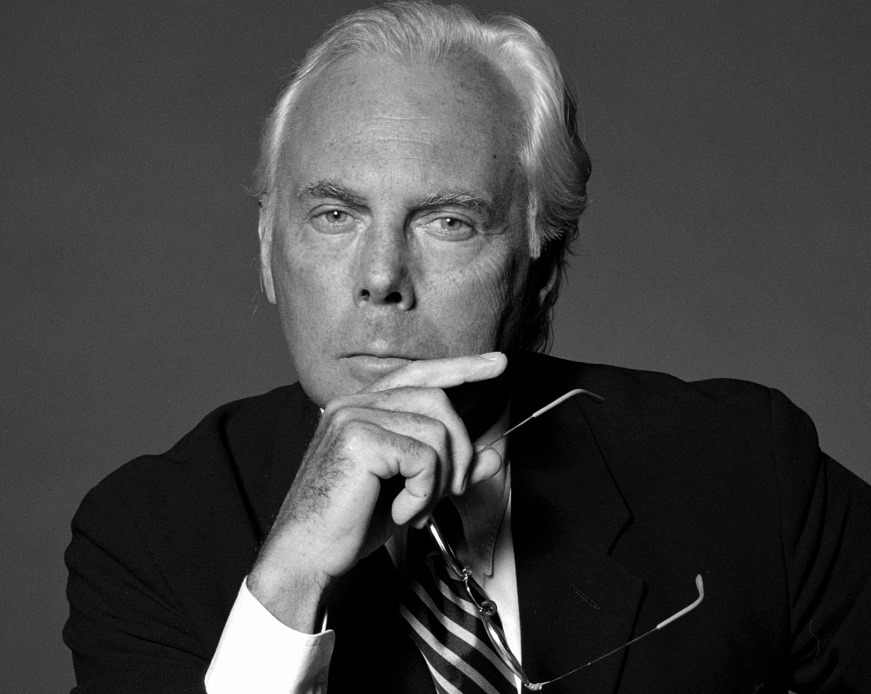Tips to help you successfully transition into a new career
Maybe once or twice after an exhausting commute, you’ve sat at your desk, stared at your computer, and thought, “What if I changed my career?”
People have different reasons for changing careers. Most of the time, it has something to do with their present job. They might be feeling miserable, exhausted, and unfulfilled at work.
Other times, people just start to realize and acknowledge that their passions lie elsewhere. Whatever your reason might be for wanting to pursue a new career, it’s not going to change the fact that it’s a daunting process — but a necessary one.
In this guide, you will learn how to recognize the signs and accept that finding a new career may be the best thing you can do for yourself right now. Here, you’ll also find out how to make your transition a successful one.
Is It Time for a Career Change?
Perhaps you’re certain that you’d rather be anywhere else than at your office, but you aren’t quite sure if a move as drastic as a career change is what you need. So, how can you tell if it’s the end of the line for your career? How do you know if it’s time to step out of your comfort zone?
Here are a few telltale signs that it’s time to consider a new career path.
- Every day feels like a Monday
If each day at the office feels like a Monday, even after an amazing weekend, something’s up. Of course, we all have bad days. We aren’t always productive or motivated. But it’s different once you start to dread work from the moment you wake up in the morning.
- Envying friends who love their jobs
Every now and then, you will come across a friend who loves everything about their job. When you least expect it, you start to feel jealous. Maybe you envy their passion and enthusiasm for their current employment and wish that you, too, could pursue your own passions vigorously someday.

Perhaps you could also be envious about their current employment. If you’re more enthused about the industry that they are in than about your own industry, you could opt to take a step towards that direction.
- Can’t get anything done

Our energy levels vary at different times of the day. Some have morning blues, while others have afternoon slumps. In other words, you don’t have to beat yourself up for being human. However, if you find yourself making more excuses to avoid work, it might be time to rethink your current employment situation. We spend a great deal of our time at work. If you nurture all these negative feelings, it won’t be good for your mental health.
If you can’t get work done no matter how hard you try, do yourself a favor and leave. Do what’s good for your sanity. Then, find a career path that will draw out all of your best qualities as a professional.
- Burn out

We all have our limits. Sometimes, when we’re under so much pressure and have no one to talk to about our frustrations at work, we can reach the end of our rope. The most important thing you need to do: figure out if it’s your day-to-day tasks that are draining the life out of you or if it’s the job itself. If it’s the latter, then it’s time to pursue a career you’re truly passionate about.
5 Inspiring People Who Changed Their Careers
Leaving your life’s work for a new career you deserve and are passionate about won’t come easy. Every time you’re overwhelmed with doubt, think of some of the most famous people in the world who made successful career changes.
Here are five of the most inspiring individuals who mustered the courage to pursue their passions:
Giorgio Armani

Giorgio Armani used to be a medical student in Milan. After he left the university, he worked at a military hospital in Verona. In 1953, he made the best decision of his life. He pursued a new career. He was hired as a window dresser for a store in Milan. He also sold clothes in the men’s clothing department.
When he was in his 60s, he started designing his own clothes. In 1975, he started Armani. By pursuing his creative passions, he was able to build one of the most iconic fashion empires in history.
Mick Jagger

The Rolling Stones’ frontman would never have been a rock ’n’ roll singer if he didn’t pursue a career change. He was studying business at the London School of Economics while working at Bexley Psychiatric Hospital to fund his studies. The band was already making music and doing live gigs while he was still a student.
In 1963, he left school and decided to dedicate his energy into building a music career. Now, he’s one of the greatest musicians in rock ’n’ roll history.
Jeff Bezos

The Amazon founder had a lucrative career working in computer science on Wall Street. He even took on top roles at financial firms before leaving all of that to venture into the world of e-commerce, which, at the time of Amazon’s creation, was uncharted territory. Now, he’s a billionaire, and he runs the world’s largest online retailer.
Dwayne “The Rock” Johnson

The Rock had a few career changes before he became an actor. He had a brief stint as a backup linebacker for the Canadian football team Calgary Stampeders. He cut his football career short to pursue a different form of sports entertainment, wrestling.
In 1996, he joined the World Wrestling Federation. This helped him launch his career as an actor. In the early 2000s, he appeared in movies and TV shows. Currently, he stars in big-budget franchises such as Fast and Furious.
Ellen DeGeneres

Ellen had to go through all sorts of odd jobs before becoming one of the most successful talk show hosts in history. She quit college after only one semester, then she got a job doing clerical work for a law firm. She was a TGI Fridays waitress and a house painter, among other things.
In the 1980s, she finally gained some buzz doing stand-up comedy. That paved the way to her now successful career as a host, voice actor, and philanthropist.
6 Tips for a Successful Career Change
Before you decide to leave everything behind, take the time to evaluate your present situation, assess yourself, and explore your career options.
Here are a few tips to help you successfully transition into a new career:
1. Determine whether you need a new line of work
You need to be absolutely certain before you leave everything behind to pursue a new path. By taking the time to reflect, you should be able to find your answer. Don’t forget to watch out for the signs that will help you determine if switching careers is the best choice for your happiness or your physical and mental health.
2. Evaluate your passions
Ask your family and closest friends to help you out. Together, you can determine your core values, skills, strengths, and weaknesses. In doing so, you can identify new careers. There are self-assessment tools that can help you with this in case friends and family can’t help you out. You may also hire a career counselor who will lead you in the right direction.
3. List all the opportunities you want to explore
After evaluating your passions, you can make a list of opportunities that you might want to explore and pursue. Then, find out as much as you can about each item on your list. Look up your job options and determine what these jobs entail. You can narrow down your list after doing your research. Try to imagine yourself in these fields. If it’s not working for you, scratch it off your list.
4. Set up a job shadow
Job shadowing is like on-the-job training. You can spend a few hours a day observing and helping out actual employees carry out their daily tasks. This helps you understand each item on your list better. At the same time, this makes it easier for you to cross items off your list.
5.Take a class
If you’re new to the field you want to be involved in, you ought to seek opportunities to expand your knowledge. You might want to take a few courses at a local college, or you might want to enroll in online courses.
6. Consider getting a new job in the same industry
There are numerous opportunities within your industry. Let’s say you’re a store manager who’s tired of working long hours. You can consider working for corporate recruiting. If you’re a programmer who no longer wants to program, you might want to delve into project management.
Life’s too short. If your career is making you feel miserable, you need to do something about it. Don’t worry about potential failures before they can even happen. If you want to love what you do, muster the courage to start a new career. Do your research, hone new skills, and invest your energy into this so you can succeed.
Enhance your skills. Click here to explore courses
